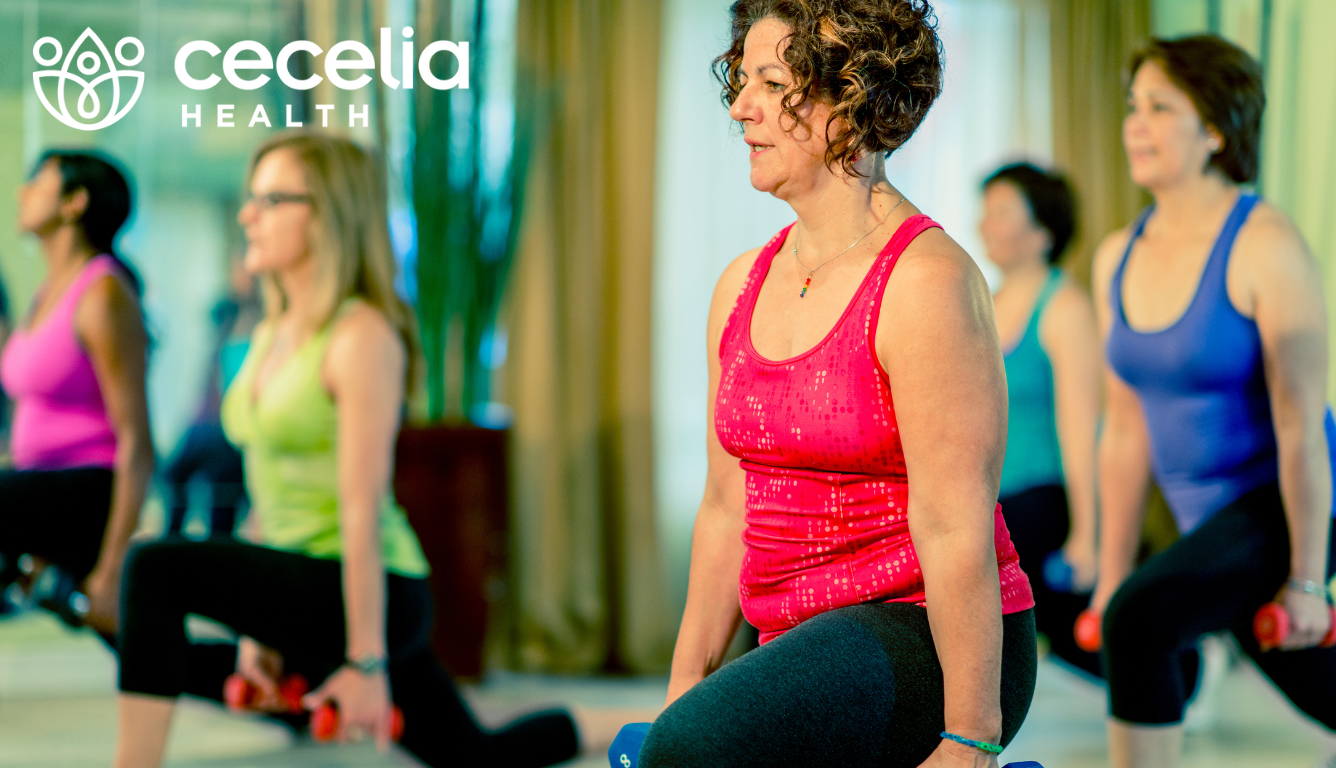Starting a healthy eating plan to lose weight when you are overweight or obese has many health benefits. Unfortunately, when you lose weight, you do not only lose fat, but you may lose some of your muscle mass. One of your goals in weight loss should be to try and preserve your muscle mass and build muscle when you can. Muscle tissue is metabolically more active and burns more calories than fat tissue. The more muscles you have, the bigger your resting energy expenditure and the more calories you will burn. Having more muscle on your body not only helps your strength but will help to efficiently burn more calories.
Follow these tips when losing weight to support your overall health while preserving your muscles:
Eat enough calories
When on your weight loss journey the goal is to reduce calories to help you lose weight. While it is important to cut back on calories, reducing calories too low can result in increased muscle loss. Typically, aiming to reduce your calories by approximately 500 per day can be helpful to promote gradual weight loss. Extreme dieting may result in quick weight loss, but it can put your body in starvation mode in which it will try to hold onto as much fat as possible, so while you may be losing weight, you could be losing more muscle than if you lose weight gradually. These extreme diets are also hard to sustain for the long term. Stick with eating in a moderate calorie deficit which can lower your weight and body fat while preventing large decreases in your lean body mass.
Eat enough protein
Eating a varied diet that includes adequate protein can help feed your muscles. Protein is your body’s key ingredient in building new tissues, including muscles and bones. Including protein with your meals and snacks can help with satiety and keeping you feeling fuller longer, while helping to preserve your lean body mass during a calorie restricted diet. A good rule is to have 25% of your meal come from protein. Choose high protein foods such as: chicken, beef, fish, seafood, yogurt, milk, cottage cheese, meat alternatives, tofu, beans, nuts, low fat cheese, or protein powder/supplements. Many factors can influence how much protein you need including your weight, sex, and activity level. The Recommended Dietary Allowance (RDA) for protein is a modest 0.8 grams of protein per kilogram of body weight, or 0.36 grams per pound. The RDA is the amount of a nutrient you need to meet your basic nutritional requirements. During weight loss, you will need additional protein for preserving muscle.
Include different types of exercise in your routine
Aim to include both aerobic and strength training exercises that will work different muscle groups. Cardio exercises will help shed excess fat while resistance exercises can help tone and build muscles. Alternating between a few types of exercises can keep you from getting bored while varying intensity in exercise will keep your body sharp. Cardio exercise might include walking, jogging, an aerobics class, cycling or kick boxing to name a few. Resistance exercise can include different equipment type exercise such as weightlifting, or exercises bands or strength exercises that use your own body weight including Pilates, yoga, squats, planks, push-ups or pull ups. Engaging as many muscle groups as you can is important for full body work outs. Exercise should vary and you may have a regimen of certain days of the week are for cardio exercise and certain days are for strength training, working different muscle groups each day. Remember to build on your routine to keep challenging your body. This might include increasing your time, speed, weight, reps, and duration of that exercise.
Remember to rest
Exercise is a key component for weight loss and muscle preserving but rest is also important. Constant working out will also breakdown some of your muscle proteins and they need rest to recover. Including rest days in your regimen is vital to give your muscles time to recover. Overworking your muscles can lead to muscle strain. Rest days can also prevent muscle fatigue and can prevent injury.
Get enough sleep
Getting enough sleep will help your body function better. Sleep deprivation can lead to missed workouts, stress, and poor muscle recovery. Aim for 7 hours of sleep per night. A good night’s sleep can reduce stress levels and help your muscles recover post-workout.
The goal
When losing weight, you may lose muscle mass along with excess fat, but the key to preserving your muscle mass is in both a healthy nutrition plan and a varied exercise routine.
